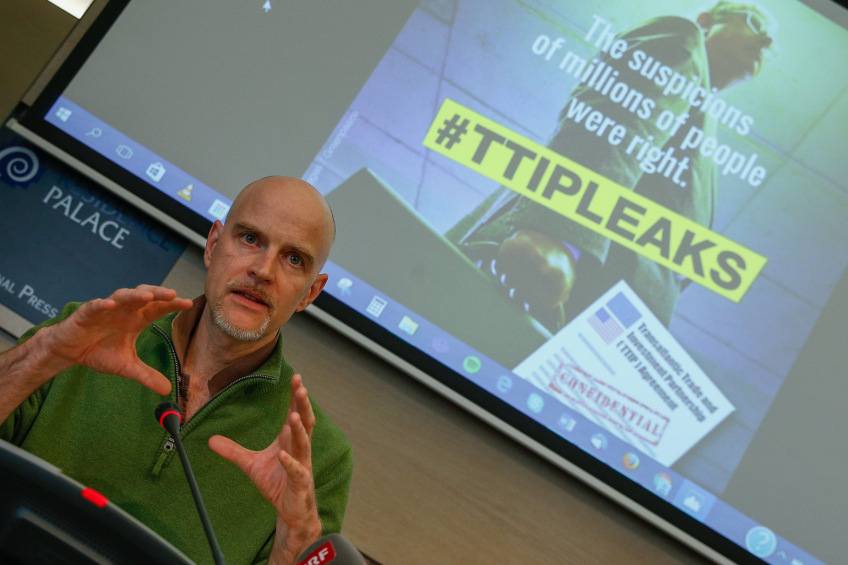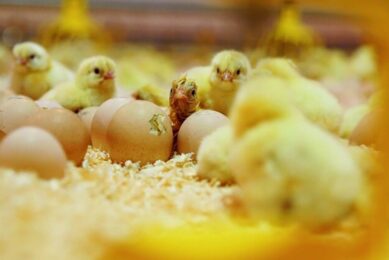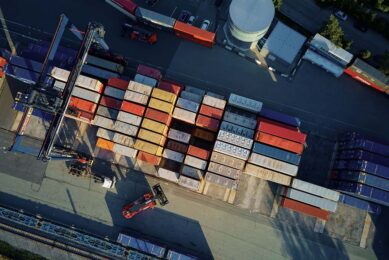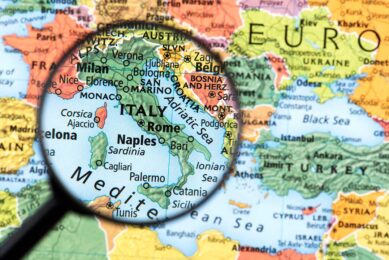Will the TTIP trade deal put food safety at risk?

Last month Greenpeace revealed documents from the TTIP negotiations. According to Greenpeace, the environment and food safety are being put at risk. The EU denies this. What is clear is that the US wants a deal: agri for cars.
Both proponents and opponents of a trade agreement (TTIP) between Europe and the United States have been proven right. The negotiation documents that have been leaked by Greenpeace bear the characteristics of a lucky dip: something for everyone.
The 286 pages of leaked documentation primarily reflect the positions taken by the United States and the European Union. The leaked texts contain no (preliminary) results of the meetings, but rather ‘work in progress’. By far the biggest part of the text is in square brackets, which indicates it concerns the position of one of the two parties. It is clear that the views of the European and American negotiators differ greatly, that on certain topics only one party has submitted a proposal, or that no proposals at all have been made with respect to other matters.
Exchange of interests – car industry, agricultural interests
Furthermore, the leaked documents do not reveal the available texts as a whole and they are taken from a particular phase of the negotiations, which may imply the texts have become obsolete after last week’s 13th round. It is clear that the United States sees a possible exchange of interests in the car industry, on the one hand, and agricultural interests, on the other. The US wants greater access to the European market for their agricultural products, while the EU wants to facilitate the export of cars to the US. Yesterday, the European chief negotiator, Ignacio Garcia Bercero, confirmed this when asked about it.
Bercero responded with extraordinary ferocity to Greenpeace’s suggestion that the precautionary principle has been sacrificed. Completely untrue, he said. There is no adjustment of legislation for genetically modified crops, even though the US proposed a two page article about the admission of genetically modified crops (which they call ‘modern agricultural technology’). Bercero says that the EU will never agree to this.

Although the precautionary principle may not be mentioned literally in the documentation, this does not mean the EU has discarded it, says Bercero. On the contrary: the leaked documents clearly focus on mutually held principles and their recognition. There are currently proposals for the mutual reduction of import tariffs for 97% of the tariff lines. Sensitive industries, such as beef and chicken, are not a part of this. This will be discussed during the endgame between the negotiators.
Beef sensitive
“To us, beef is a sensitive sector. We know this from the start of every negotiation, not only with the US, but also with Canada or the Mercosur,” says Bercero. “In the Ceta agreement with Canada, we made arrangements concerning the limited allowance of beef, while maintaining our prohibition of meat produced using hormones. This is also our approach in the meetings with the US.”

Trade Commissioner Cecilia Malmström added to this in the weblog: “It cannot be said enough: no trade agreement with the European Union will ever jeopardise the protection level of our consumers, our food security or the environment. Trade agreements do not change our legislation for genetically modified crops or how we produce meat.” Bercero denies that industry has too many fingers in the pie. The documents note the Americans want to consult with industry. “We consult the Member States,” says Bercero.
Join 31,000+ subscribers
Subscribe to our newsletter to stay updated about all the need-to-know content in the poultry sector, three times a week. Beheer
Beheer








 WP Admin
WP Admin  Bewerk bericht
Bewerk bericht